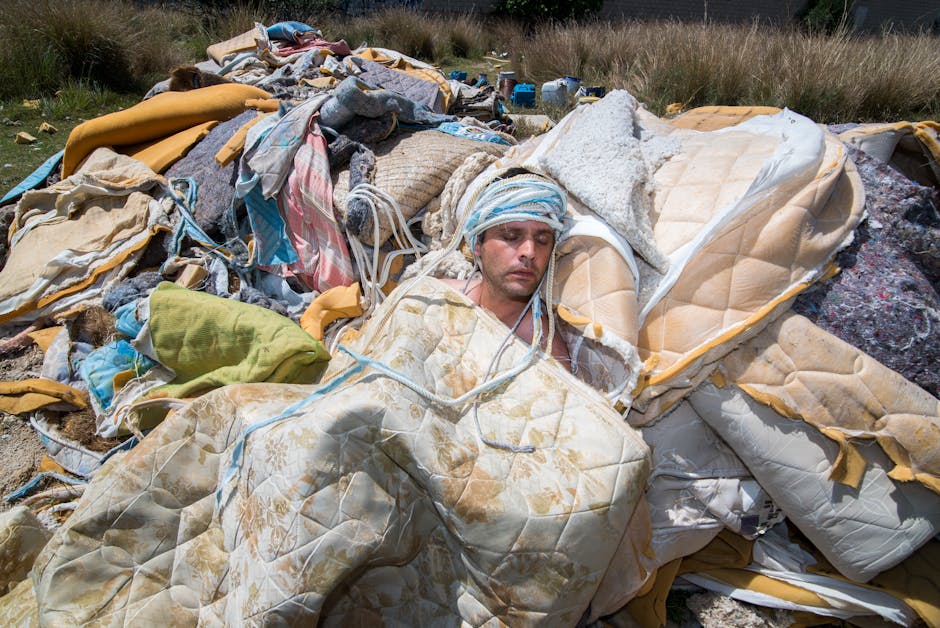
How Lack of Sleep Impacts Creativity and Problem Solving Abilities
Sleep is a crucial aspect of our daily lives, yet it often gets neglected or compromised due to busy schedules, stress, or lifestyle choices. Many people underestimate the impact that lack of sleep can have on their overall well-being, particularly when it comes to creativity and problem-solving abilities.
Research has shown that sleep deprivation can significantly impair cognitive function, including creativity and problem-solving skills. When we are sleep-deprived, our brain's ability to make connections and generate new ideas is greatly reduced.
One study conducted by researchers at the University of California, Berkeley, found that a lack of sleep can inhibit the brain's prefrontal cortex, which is responsible for complex cognitive tasks such as creativity and problem-solving. The study also revealed that sleep-deprived individuals tend to rely more on routine and conventional thinking, rather than innovative and out-of-the-box solutions.
Furthermore, sleep deprivation affects our ability to focus and concentrate, making it harder to solve complex problems and think creatively. It impairs our cognitive flexibility and decreases our attention span, making it challenging to come up with novel solutions or think critically.
So, what can be done to improve sleep and enhance creativity and problem-solving abilities?
First and foremost, prioritize sleep! Make it a priority to get the recommended 7-9 hours of sleep per night. Establish a consistent sleep schedule and create a relaxing bedtime routine to signal to your body that it's time to wind down.
Avoid stimulants such as caffeine and electronic devices before bedtime, as they can interfere with your ability to fall asleep and have a restful night. Instead, engage in soothing activities such as reading a book, meditating, or taking a warm bath.
Creating a sleep-conducive environment is also important. Make sure your bedroom is dark, quiet, and at a comfortable temperature. Invest in a supportive mattress and pillows that promote proper spinal alignment and minimize discomfort.
Lastly, consider incorporating relaxation techniques into your daily routine, such as yoga or deep breathing exercises. These practices can help calm the mind and prepare it for restful sleep.
In conclusion, sleep deprivation can have detrimental effects on creativity and problem-solving abilities. By prioritizing sleep and adopting healthy sleep habits, you can enhance your cognitive function and improve your ability to think creatively and solve complex problems.
Boost-your-brainpower-with-a-good-night's-sleep-
Unleash-your-creative-genius-by-optimizing-your-sleep-routine-
Sleepless-nights-unraveling-your-problem-solving-skills?-Here's-why--
Surprising-ways-sleep-deprivation-affects-your-ability-to-think-and-solve-problems-
